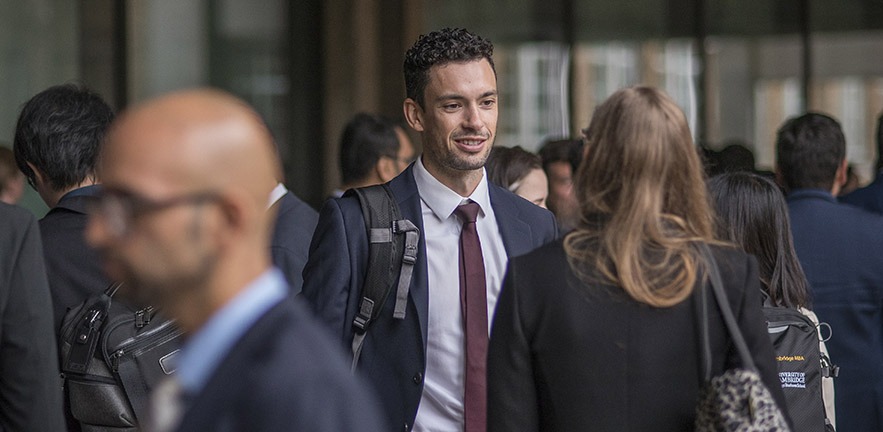We speak to careers coach, Roger Howgego, together with Sadia Cuthbert, Head of Careers at Cambridge Judge Business School (CJBS) and hear from Cambridge MBA alumni who have stepped into the global banking and finance sector around the world.
Prepare your profile for your finance sector ambitions
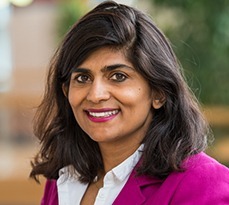
Sadia Cuthbert, Head of Careers at CJBS, advises MBA students at Cambridge looking for a career in finance to connect with the careers team well before they come to Cambridge.
“Our work with students starts much earlier than the September admission. We begin having conversations as early as June, prior to the start of their MBA. It is important we understand where our students are now – and where they want to be when they graduate.”
That work includes a skills audit, and introductions to both faculty members and the CJBS Careers Team. “Some of the investment and development banks have very early recruitment deadlines, well before the MBA programme has started. We are there to help meet those timelines.
“The asset management firms tend to have fewer firm deadlines compared to the investment banks. We encourage students looking to work in private equity or venture capital to take their time to build up networks. And fintech opportunities tend to happen, as a rule, later in the academic year.”
Opportunities exist in the current climate
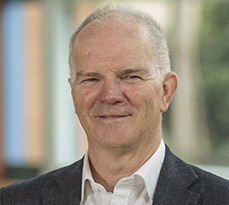
Roger Howgego is a careers coach working with Cambridge Judge and students across the business masters’ programmes. With 27 years’ experience in investment banking, and 20 years advising Cambridge students on employment opportunities in finance, he takes the long view amidst the current global economic instability.
“We live in interesting times – and this creates career opportunities. The combined impact of COVID-19 (coronavirus) and Brexit has produced openings in the Europe, the Middle East and Africa (EMEA) job markets. De-globalisation is leading to more divestment and acquisition, as companies shift their corporate HQs. The disruption to the economy is producing an uptick in corporate restructuring roles. Environmental, social, and corporate governance (ESG) presents a strong theme for growth.”
One quarter of global pension fund money is now invested through private markets, explains Roger, a very recent shift. “In fintech, London has outperformed Silicon Valley and New York City this year. Private wealth management and family offices are growing fast in a volatile market where unsophisticated investors need help.”
The opportunities are still there, says Howgego, but it is up to individuals to find the right fit. “Working in finance is like being in a supermarket – there are lots of different moving parts. If finance interests you, there is probably something out there that would suit you. To find out what that job is, you need to be very focussed. Do your due diligence to decide whether that is the path you want to take.”
A transition from the art market to banking in Canada
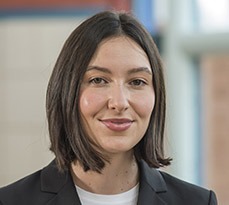
And be positive, says Rachel Buchholzer (MBA 2021), Cambridge MBA alumna, “Finance was definitely something I was interested in when I started my MBA, but I didn’t really think it was a viable option for me, as I had such a non-traditional background. By the end of the year, I had a job in the industry!”
She will take up a position at the Royal Bank of Canada this year, “My background was in the art market, working in art fairs in Toronto and New York, which meant I came into contact with a lot of High-net-worth individuals. That ultimately helped land me the role I am about to start.
“I received a lot of support during the MBA and I took advantage of all the resources at Cambridge to improve my skills. I really enjoyed being in a classroom with people who had a strong finance background, and I realised there are different paths to a career in finance.”
Changing location in the financial global market
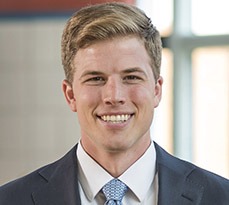
Fellow MBA classmate Matt McCrary (MBA 2021) came to Cambridge intending to change countries rather than career sector, “I had already worked in finance for seven years, and I wanted to transition geographically.”
He now works for SNB Capital in Dubai. “The Cambridge network opened a lot of doors for me. I have achieved my aim of moving from Chicago to the Middle East. My first degree was in the liberal arts, and I had no formal financial training, so I am very happy I selected the Finance Concentration during the MBA which gave me the chance to dig deeper into more specialist subjects.”
When it came to getting his dream job though, it was all down to networking, “An MBA classmate had worked in Dubai. He connected me to a recruiter who connected me to the company I now work for.”
McCrary stresses the need to do your homework, “An important component of making an application online is having the connections beforehand. Only that way can you make sure your resume gets to the top of the pile and reaches the right people.”
Networking at every stage of your MBA career
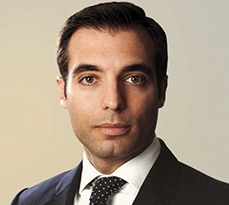
From behind his desk at Lincoln International in Madrid, VP Mergers and Acquisitions, fellow Cambridge alumnus Rául López Petisco (MBA 2014) agrees on the need to get your name out there – once you have decided what you are aiming for.
“Both my roles since my MBA have come through contacts. My previous job as a Mergers and Acquisitions (M&A) lawyer was related to finance but also completely different. I found the case work, the workshops and the careers support available during my year in Cambridge, essential in helping me understand the industry and the type of roles where I might fit. I have transitioned from drafting the agreements to dealing with the financial modelling and managing the sell-side processes.”
López Petisco recalls his Global Consulting Project (GCP) within the corporate venture capital division of a utilities company as especially helpful, “Networking was very much on my mind. It can really help you secure a career in finance.”
Rachel Buchholzer points out those contacts can come from unexpected sources, “The bank I am going to work for was a client of an organisation I had worked for. The fact I already knew people there, together with my MBA, was crucial in getting a foot through the door.”
Sadia Cuthbert and her team make sure the MBA students are ready, “Beyond critical thinking and financial skills, employers are looking for presence and communication skills. We provide presentation training and hone video interviewing.
“We show the opportunities out there in finance to students who have either forgotten how to network or simply never needed to do so before. And, of course, we are very happy to help negotiate job offers!”


